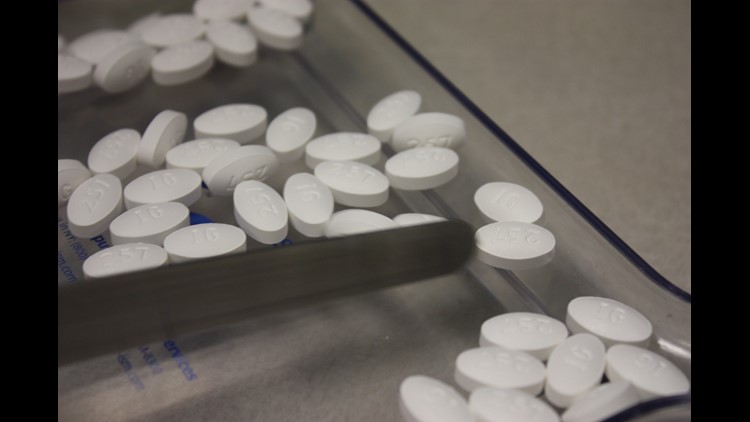STORRS — Last week the CEO of Turing Pharmaceuticals, Martin Shkreli made headlines when he announced that the cost of a drug for AIDS patients was going to rise from $13.50 to over $750. With the firestorm of condemnation that followed, the CEO stated that the costs will be reduced but didn’t say by how much. How could the price for a drug decades old suddenly jump so high and what can be done on the individual patient level and on the societal level in light of these changes.
This issue has been getting much worse since 2014. While generic versions of older drugs now account for 80% of all prescription filled in the US and have saved patients a tremendous amount of money, there are examples from older drugs from digoxin to doxycycline where costs went up by 500% to 6,000% virtually overnight.
Companies are created to generate profit and to enter areas where profits can be maximized. Investors demand it and the financial success of the company depends on it. What has been occurring is several fold. First, up until 2011, there were many generic manufacturers and there was tremendous pressure to keep prices low so companies could compete in the marketplace. This lowered prices but kept profitability relatively low. This is simply supply and demand. In 2011 there was a consolidation of companies so now only a few major generic manufacturers dominate the marketplace and in the absence of competition, prices have risen. Currently, Teva, Actavis, and Mylan control over 40% of global generic revenue and in July of 2014, Mylan announced it is buying a controlling stake in Abbott Labs generic business and other buyouts are being proposed so competition will fall even more. Second, large investors are looking for products where there are only one or two players and they are setting up small pharmaceutical companies and buying that drug. The companies can keep the manufacturing plants open and making the pills. They can escalate the drug price and the marketplace has no alternatives until the other drug companies decide to enter that market. If it takes 12 months to get an acceptable generic, then there is a year of free price gouging that can occur.
With all future consolidations in this industry, the Federal Trade Commission needs to assess the impact of reduced competition on the marketplace. I think public shaming where these examples exist is an important hedge against what is an egregious practice. What is good for shareholders is not always what is best for the market. As an individual, one thing that you can do if you are impacted by this is to ask your pharmacist if there are other drugs in a similar class that would have a better price. If demand is reduced and supply is maintained, prices will fall.
Michael White; Dept. Of Pharmacy Practice, UConn School Of Pharmacy



